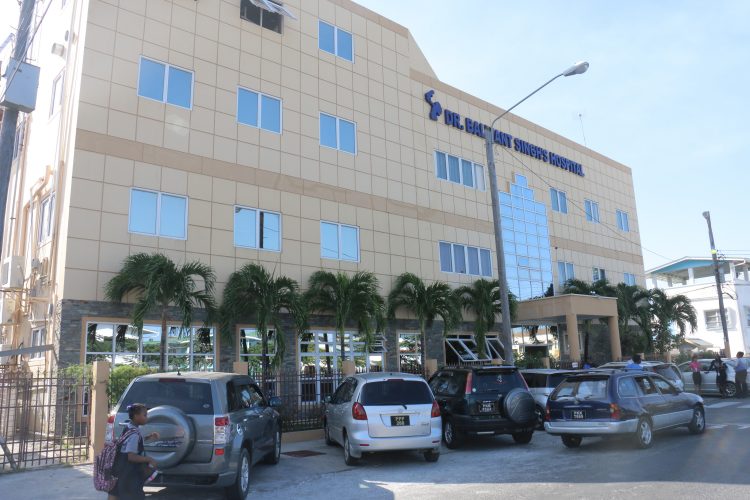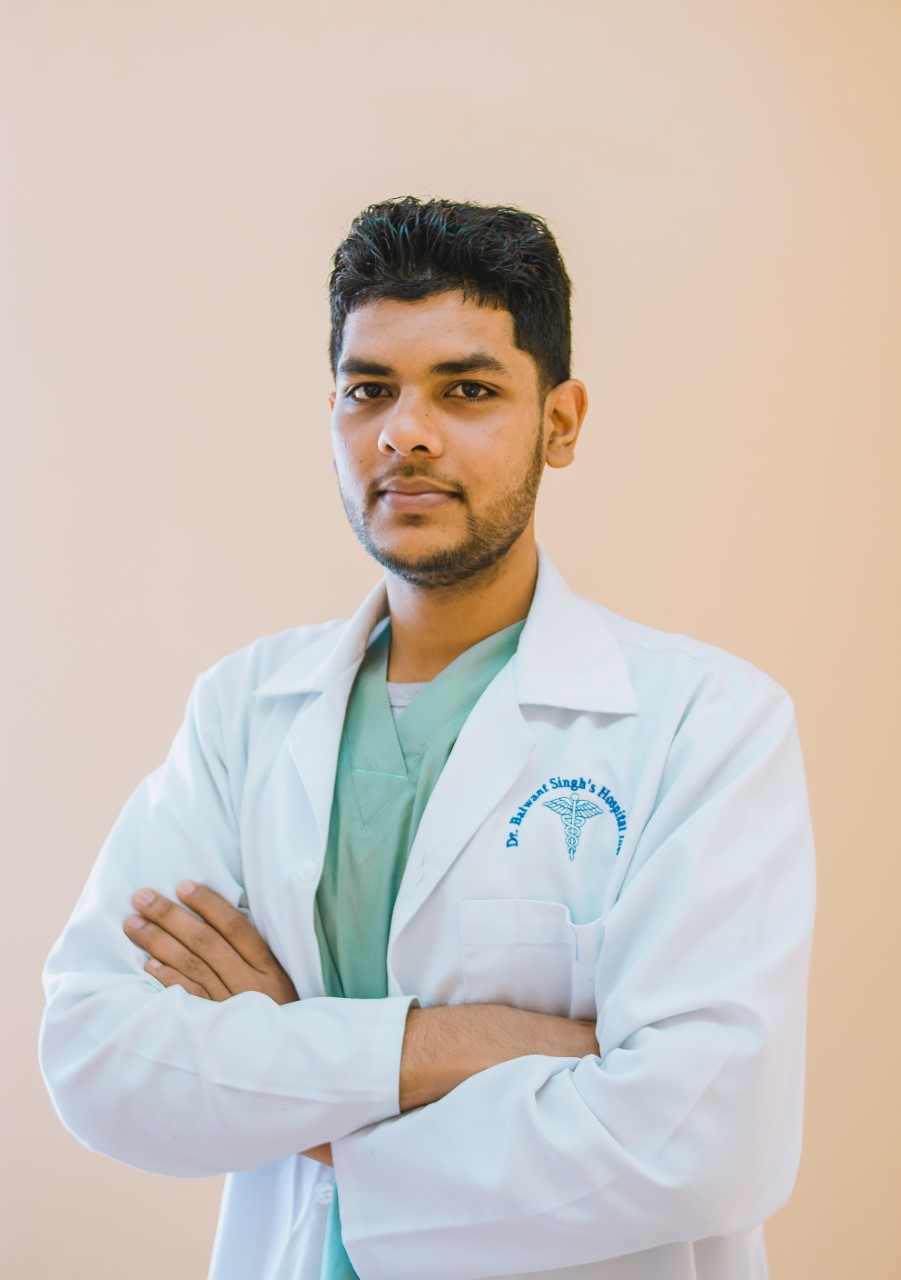Dr Balwant Singh’s Hospital yesterday, announced the appointment of Guyana’s first embryologist, Ganesh Persaud, as head of the In Vitro Fertilization (IVF) laboratory at the hospital in Georgetown.
Currently, the Balwant Singh’s Hospital has Guyana’s only IVF laboratory and Persaud, who has recently returned from studying in India, will be working under the supervision of Dr Madhu Singh, the sole infertility specialist in the country, the hospital reported in a media release.

IVF is a process whereby fertilisation of an egg and sperm is completed in the laboratory, after the eggs have been harvested by a gynecologist.
Persaud is originally from Essequibo. He moved to Georgetown at the age of 17 to attend the University of Guyana where he completed his Bachelor of Science degree in Medical Technology. Thereafter he began working at the Dr. Balwant Singh’s Hospital Laboratory, where he worked for six years, later becoming the Head of the Laboratory there.
After working with the visiting embryologists at the institution and doing preparatory work for the infertility treatment procedures, Persaud was inspired to specialise in this field. He applied for and received a scholarship from the hospital and successfully completed his training at the Craft Hospital and Research Centre in Kerala, India. His area of specialty is the IVF-Intracytoplasmic Sperm Injection, a highly technical procedure that involves directly injecting the sperm into the egg. This procedure is what is offered at the most advanced IVF clinics around the world with a higher success rate than doing just IVF alone.
Persaud observed that “in Guyana it is very common for patients to delay infertility treatment, and to wait until they are in their late 30s or early 40s before they start the process.” He explained that “with increasing maternal age, the quality of eggs released by the ovary decreases and this makes pregnancy very hard.” He added that before the hospital began offering its infertility treatment a lot of patients would never seek treatment, and also not do it through the proper channels.
According to the release, infertility is defined as the failure to achieve a pregnancy after 12 or more months of unprotected sexual intercourse. The most common factors causing infertility are a low sperm count, Polycystic Ovarian Syndrome (PCOS), other hormonal disorders including endometriosis, blocked fallopian tubes, and waiting to get pregnant or delaying infertility treatment.





